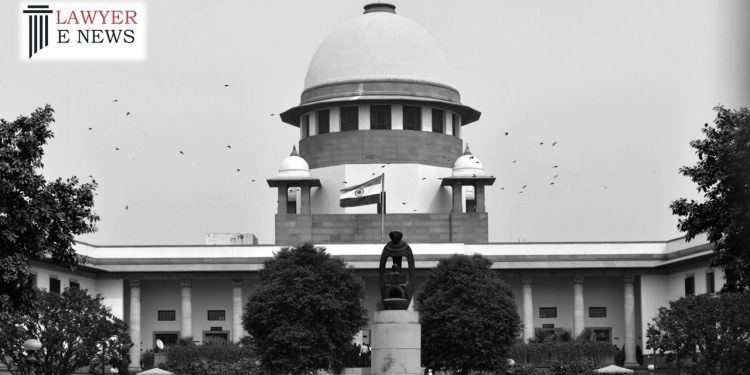Supreme Court Upholds Shares Allotment, Dismisses Allegations of Oppression and Mismanagement

In a significant and recent ruling, the Hon’ble Justice K.M. Joseph and Hon’ble Justice B.V. Nagarathna delivered a judgment upholding the allotment of shares and dismissing allegations of oppression and mismanagement. The court stated, “The application for more shares by the appellants group and the subsequent allotment cannot be treated as defective, illegal, or an act of oppression” (Para 46). This ruling comes as a resounding affirmation of the legality and fairness of the actions taken by the appellants in the face of allegations regarding share allotment and the increase in authorized capital.
The judgment addressed various aspects, including the repayment of money to a member of the appellants’ group, which the court deemed a legitimate transaction rather than an act of oppression. The court further emphasized the bona fide intentions behind increasing the authorized capital, stating, “The purpose of increasing the authorized capital was to present a better financial condition for the company” (Para 47). The court also highlighted the improved debt-equity ratio resulting from the repayment of outstanding loans, reinforcing the appellants’ contention of acting in good faith.
Additionally, the court considered the issue of notice to shareholders and dismissed the claim that the respondents did not receive the notice. It affirmed the findings of the National Company Law Tribunal (NCLT) and the National Company Law Appellate Tribunal (NCLAT), stating, “There is a concurrent finding that the respondents were aware of the increase in share capital and that the meetings were held in compliance with the law” (Para 42). This finding bolstered the court’s determination that the actions of the appellants were in accordance with legal requirements.
Addressing the sequence of proceedings, the court examined whether the decision to issue shares prior to increasing the authorized capital was in violation of the law. Referring to the judgment in the Nanalal Zaver case, the court held, “The decisions of the Board of Directors on 18.12.2009, understood as a whole, only mean that the resolution to issue further capital was to become effective only after the authorized capital was duly increased” (Para 72). It concluded that the Board had not acted outside its authority and had followed the proper order of proceedings.
The court’s ruling emphasized that the change in shareholding pattern was a result of the respondents’ refusal to participate in the share allotment process. It stated, “The change in shareholding became slanted in favor of the appellants’ group only because they applied for more shares, while the respondents’ group refused to participate” (Para 46). The court underlined that the appellants’ actions were not defective or unfair, as they were equally applicable to all existing shareholders.
The judgment, while dismissing the allegations of oppression and mismanagement, did acknowledge the concerns raised by the respondents. It noted that the increase in authorized capital and the allotment of shares were done with the intention of infusing fresh funds, even though a smaller amount was brought in. However, the court found no evidence to suggest an absence of bona fides or an ulterior motive in the appellants’ actions.
Date of Decision: June 15, 2023
HASMUKHLAL MADHAVLAL PATEL AND ANR. vs AMBIKA FOOD PRODUCTS PVT. LTD. AND ORS.






